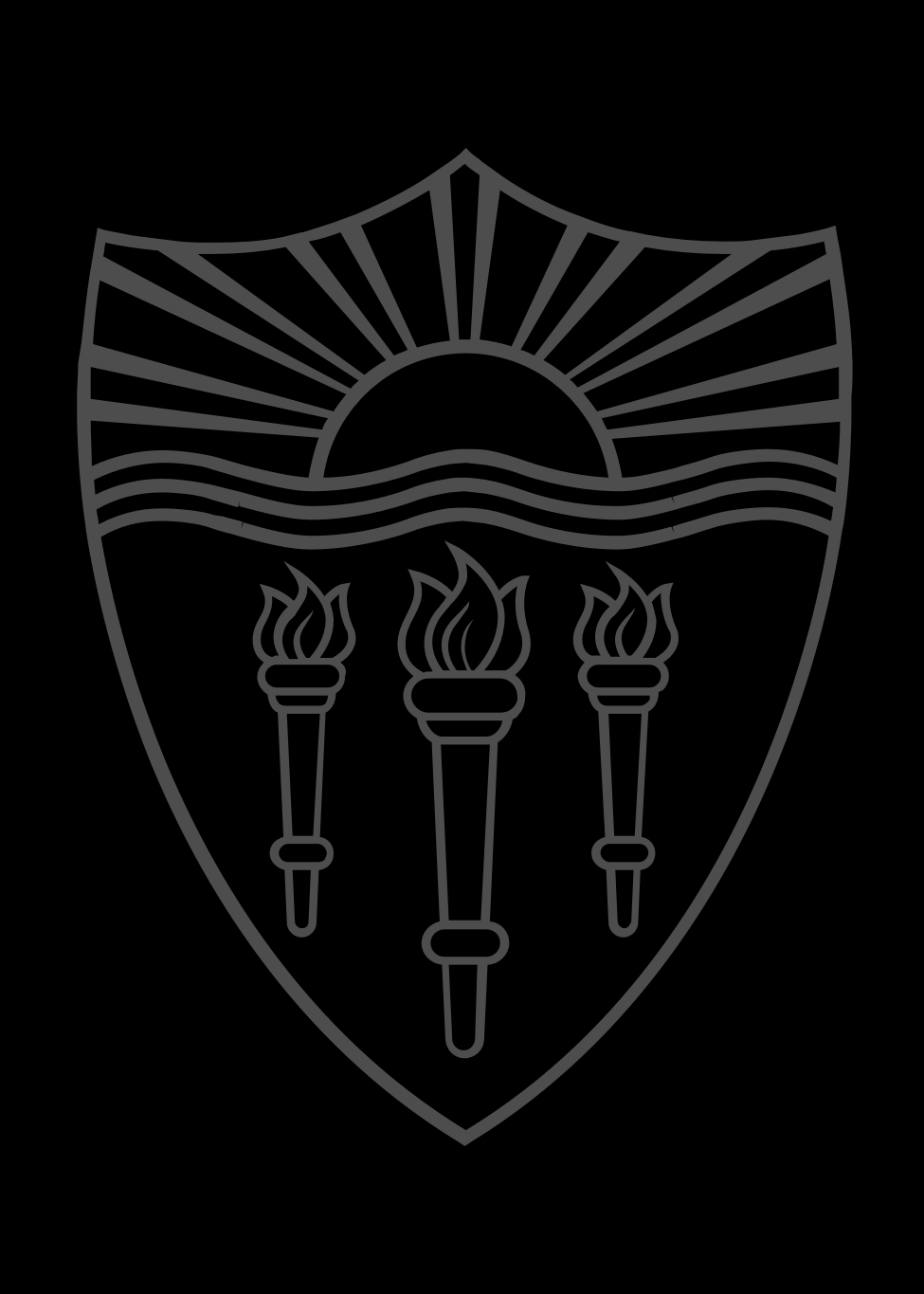Amber Miller

-
Summary Statement of Research Interests
As dean of the USC Dornsife College of Letters, Arts and Sciences, Amber Miller oversees the university’s largest, oldest and most academically diverse school. She also holds the Anna H. Bing Dean’s Chair, in addition to a faculty appointment in the Department of Physics and Astronomy at USC Dornsife.
Miller’s research focuses on experimental cosmology, leading teams to build and deploy telescopes that probe the conditions in the universe when it was less than one second old. Miller and her colleagues examine relic light from the early universe with the goal of understanding the origin, evolution and fundamental nature of the universe.
Miller is also deeply interested in the intersection of science and policy. She served as the chief science adviser to the New York Police Department Counterterrorism Bureau for two years, and she is a member of the Council on Foreign Relations. A champion of the liberal arts ethos, she piloted a seminar at Columbia titled “Science, Politics and Critical Thinking” and has taught courses ranging from “Weapons of Mass Destruction” to “Physics for Poets.”
Miller received her M.A. and Ph.D. in physics from Princeton University and her B.A. in physics and astronomy from the University of California at Berkeley. Before joining USC Dornsife in August 2016 as its 22nd — and first female — dean, she served as dean of science for Columbia University’s Faculty of Arts and Sciences, where she was also a professor of physics.
She has published more than 100 scientific papers, and her honors and awards include a National Science Foundation Career Award, an Alfred P. Sloan Fellowship and a Lenfest Distinguished Faculty Award. In addition, Miller was a Hubble Fellow at the University of Chicago and a NASA Graduate Research Program Fellow. She is a fellow of the American Physical Society.